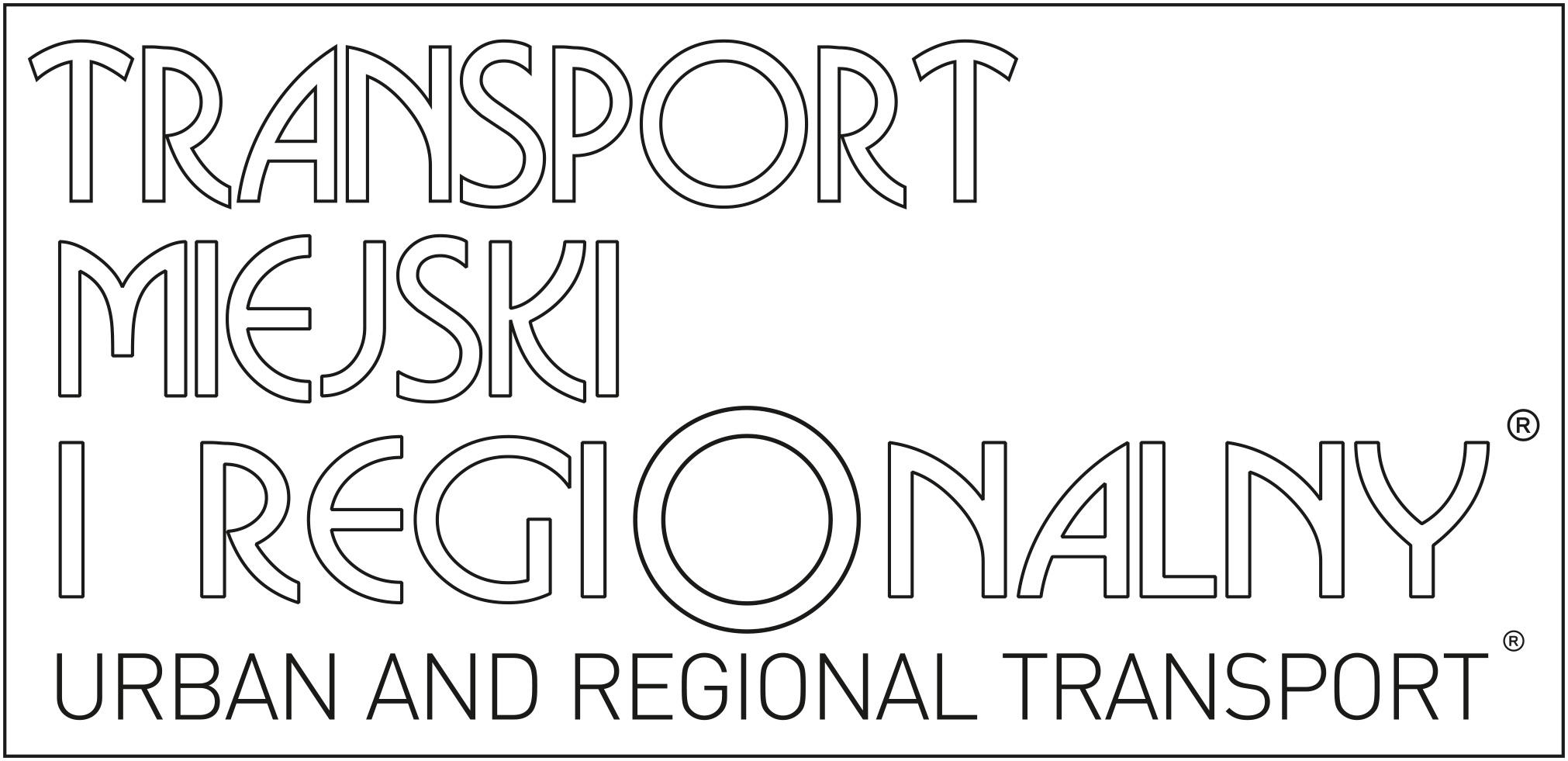Protection policy against ghostwriting and guest authorship
When does ghostwriting or guest authorship occur?
Scientific credibility is one of its quality foundations. Readers should be confident that Authors of articles clearly, honestly and reliable present results of their work, regardless if they are Authors or were supported by specialized entity (legal or physical person).
Information concerning all persons who have made contribution to the article (factual, substantial, financial etc.) which proves not only decorum but also social responsibility should be presented to the public due to the ethical approach of the scientist and the highest standards of the editorial staff.
Ghostwriting and guest authorship (honorary authorship) are the examples of opposite attitude. Ghostwriting is the situation where a person has made significant contribution to the article and their name is not mentioned among Authors nor in the words of gratitude for contribution.
Guest authorship is the situation where a person is mentioned as the Author/Co-author of article although their contribution is inconsiderable or nil.
TMiR (“Regional and Urban Transport”) editors policy against ghostwriting and guest authorship
To counteract against ghostwriting and guest authorship the „Regional and Urban Transport” editors take following measures:
- Authors of the articles are obliged to disclose the scope of input of particular authors to the publication (their affiliations, contribution as far as the idea, assumptions, methodology, protocol etc. used during preparation of the article). Main responsibility bears Author submitting manuscript.
- Since the magazine first issue of 2012, the TMiR editors announces in the section “Guidelines for Authors” that ghostwriting, guest authorship are scientific dishonesty and will be revealed, including reporting to the related entities (Authors’ employers, scientific associations, associations of scientific editors etc.).
- Editors request Authors information referring to the financial sources, contribution of research-scientific institutions, associations and other entities. („financial disclosure”).
- TMiR editors keep any evidences of scientific dishonesty, especially of breaking and encroaching of ethics in science.

